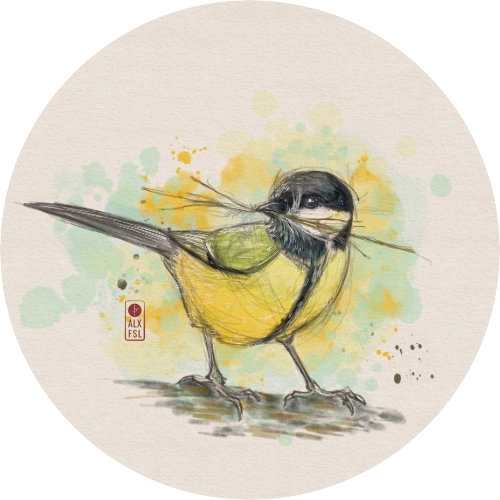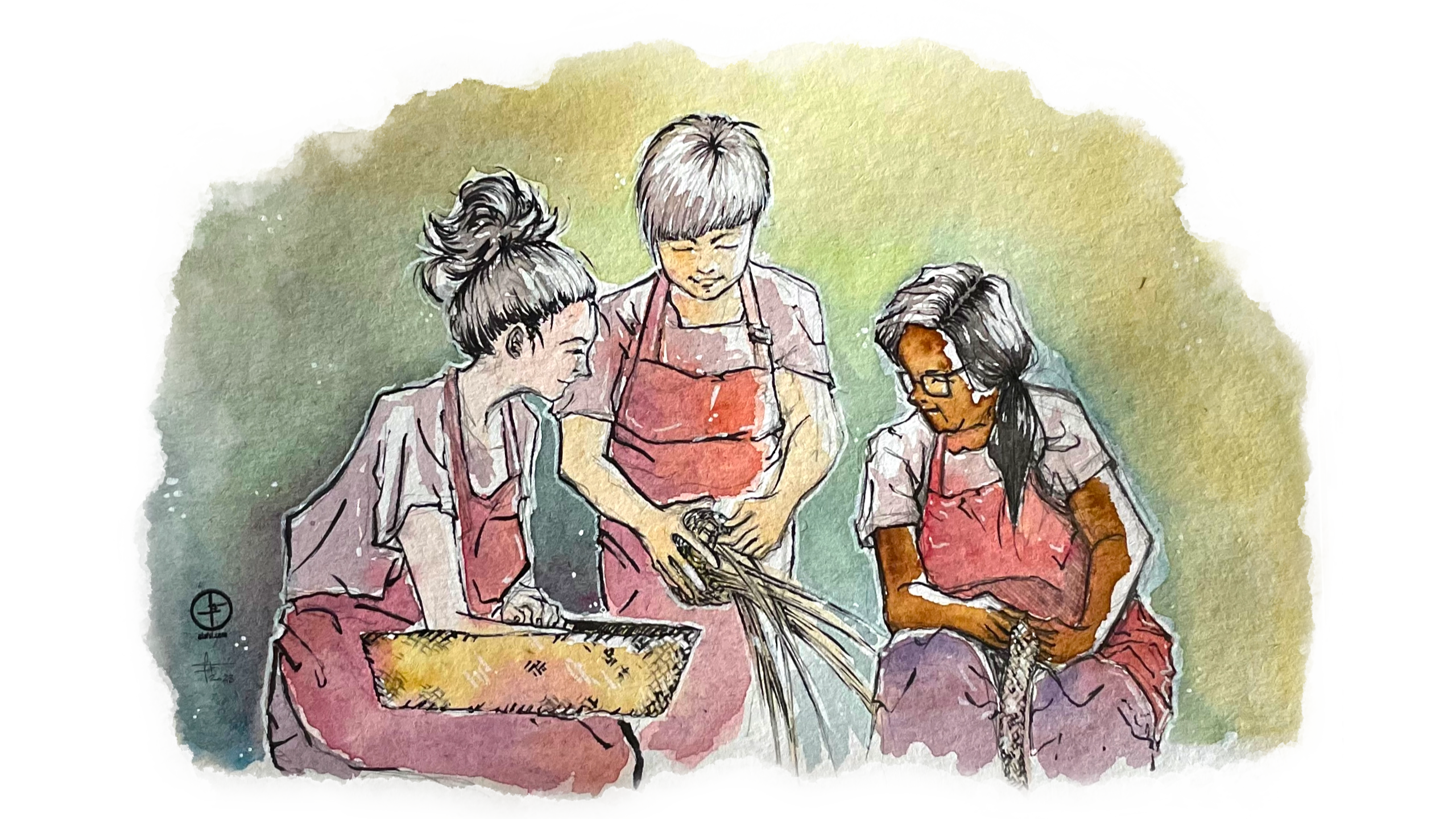
EthnoGraphics Observational Sketching: Participant Information Sheet for Participants in Craft Events
estimated reading time: 10 minutes
EthnoGraphics: Participant Information Sheet for Participants in Craft Events
A printable PDF version of this document can be found here.
Hello, you are being invited to participate in this ethnography study, part of the PhD Sustainability in the Making: Craft Programmes for Eco-Social Change. In this document you will find information about this study and its overarching PhD research. Please read it carefully.
At the end, you will be required to sign an informed consent to participate in the study.
Brief summary
This study is a visual and graphic ethnography, “EthnoGraphics”, that uses a combination of observational sketching and oral history approaches to investigate how maker initiatives in Devon and the Southwest are promoting and building sustainability behaviours and ecological cultures. It is part of the PhD project Sustainability in the Making: Craft Programmes for Socio-Ecological Change, a doctoral research that explores how craft and making contribute to generate and promote culture(s) of sustainability. This study is conducted by me, Alessandra (Alex) Fasoli, author of this document and PhD candidate in charge of the project.
The PhD is a doctoral training partnership by Kingston University - Kingston School of Art (academic partner) and the Crafts Council UK (non-academic partner), and it is sponsored by the Arts and Humanities Research Council (AHRC) Techne.
About the PhD
The PhD Sustainability in the Making: Craft Programmes for Eco-Social Change explores how cultures of sustainability are generated and promoted through craft and making by exploring how existing craft programmes in Devon and the Southwest are helping people to engage in more environmental, ecological, and sustainable behaviours.
About this study
This study is an ethnographic work that uses a combination of observational sketching and oral history to understand which cultural dynamics are generated during craft-led events and to observe how engaging with sustainable making allows people to reflect and learn about the environment, the climate crisis, consumerism, and production.
Observational sketching is a participant observation activity where drawing and sketches are the researcher's primary method of note-taking and data gathering. The oral history approach comprises semi-structured interviews with organisers and facilitators of craft initiatives and spontaneous conversations with participants in the programmes' events.
Why have you been chosen to participate?
As a person participating in a sustainable craft workshop in Devon, you are invited to take part in this study. You need to be above 18 and you must be:
- a maker selling, showcasing, or performing at a craft event,
- someone who is attending a craft event like a fair, a festival, a showcase, or a craft performance,
- someone who is attending a craft workshop or lecture,
- someone who is participating in a craft-related activity.
What’s involved in taking part in the study?
You will be observed during your participation in the workshop. You should carry on your activities as normal while the researcher is there. The researcher might engage in spontaneous conversations with the you at the end of the workshop, which will be recorded. The conversation can be started by you if you want to share more about your experience in the workshop.
Are there any risks in participating in this study?
There are no particular risks associated to this study
What if you want to opt out?
Participation is voluntary. You can opt out from the study without explanation at any moment before, during, and within 20 days since the interview has been recorded. Recordings and data about you will be destroyed. Drawings and sketches are done on a hardbound sketchbook, therefore no drawing or sketch can be destroyed. Moreover, a page might contain sketches of multiple participants:
However, the drawing of you will not be used in the research; it will be digitally removed from the permanent collection and from the digital scans of the final datasets of the project.
What drawings be made of me?
Pencil drawings and sketches on an 14x14 cm notebook. Watercolour might be added during fieldwork or later in the studio. Here some examples:
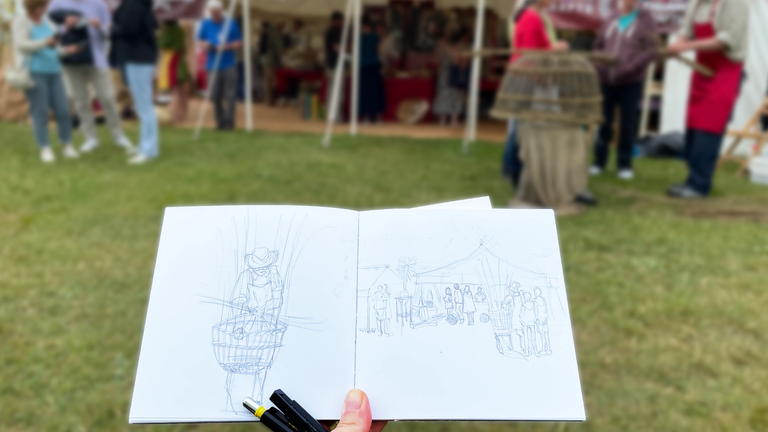
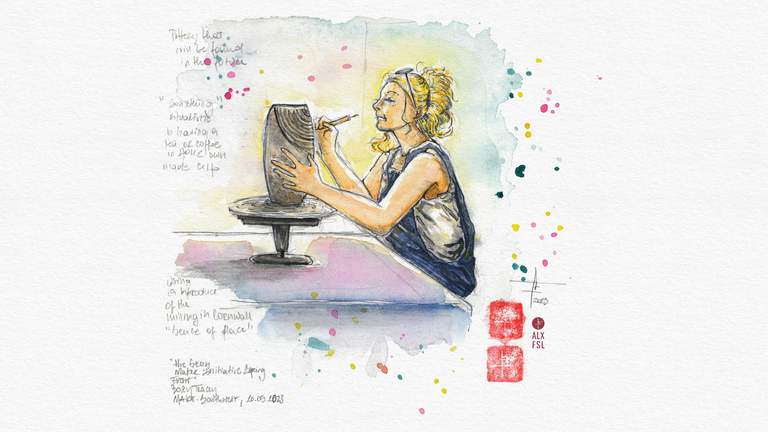
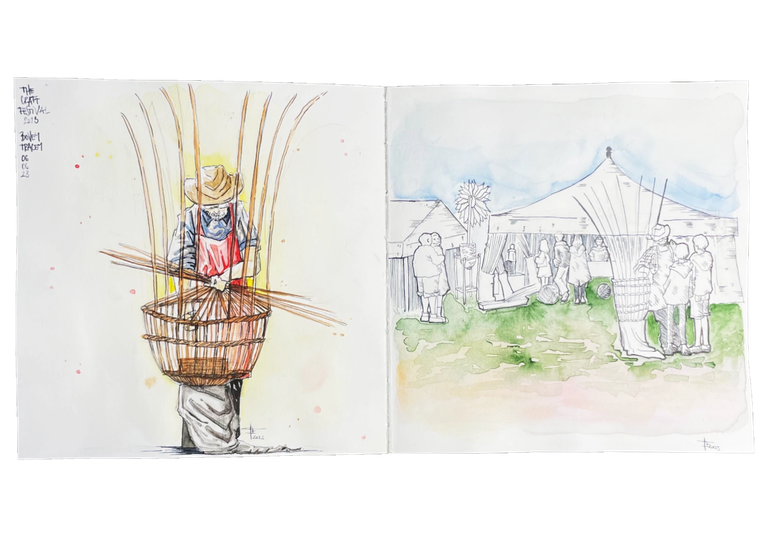
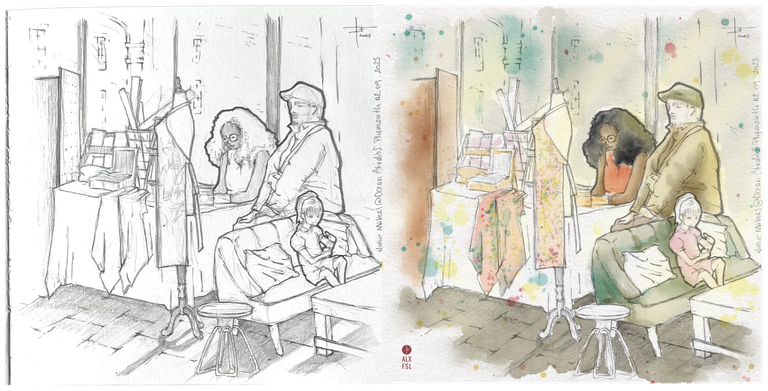
What data will be collected?
- your full name
In case of conversations with the researcher, you might be asked the following data:
- profession
- background/education
- ethnicity
- age
About confidentiality and anonymity
You can decide to participate anonymously. Giving your full name and/or email address is optional and we will use it only for direct communication with you. Your full name and identifiable data are confidential, and will not be disclosed unless you give your explicit permission.
How are my data processed?
All data are processed according to the UK GDPR and the Data Protection Act 2018.
At the end of the research, research data will be appropriately archived and retained for minimum 10 years, at the end of which continued retention will be reviewed.
What will happen to the drawings, notes, and audio files and the data generated by this study?
Drawings, notes, and recordings are part of the final dataset of the PhD and will be shown, analysed, and discussed in the final dissertation. They are also part of a permanent online showcase that aims to illustrate the journey and findings of the PhD and its latest release can be found here. All initiatives will be featured in a ‘resources’ section of the website with descriptions and links. The knowledge generated through this research will constitute a valuable resource for future craft -based sustainability initiatives in the UK and abroad, and the results will be finalised in an accessible format to be used by makers and facilitators in their own programmes. Data can be presented in conferences and talks, in the form of digital presentations, installations, or videos; they can be shown in exhibitions and can be published in academic and non-academic manuscripts, in the form of scientific articles, essays, blogs, or books.
Will you have the recording and the drawings of your interview?
If you left your email and your conversation with the researcher has been recorded, you will be sent a safe download link via email to access a digital scan of the drawings of you and, when applicable, the recording of the conversation. The digital scans of the drawings are licensed through the Creative Commons license Attribution-NonCommercial-NoDerivatives 4.0 International (https://creativecommons.org/licenses/by-nc-nd/4.0/?ref=chooser-v1)
What if you want to complain about the way data is handled?
If you wish to raise a complaint on how we have handled your personal data, you can contact our Data Protection Officer who will investigate the matter. If you are not satisfied with our response or believe we are processing your personal data in a way that is not lawful you can complain to the Information Commissioner’s Office (ICO) (https://ico.org.uk/).
Data Protection Privacy Notice
Kingston University conducts research to the highest standards of research integrity. As a publicly funded organisation, the University has to ensure that it is in the public interest when we use personally-identifiable information about people who have agreed to take part in research. The University’s data protection policy governing the use of personal data by the University can be found on its website: https://www.kingston.ac.uk/aboutkingstonuniversity/howtheuniversityworks/policiesandregulations/#information
Further supporting information
More information about this project, its evolution, the methodology and the philosophy of the research are available on this website.
Contacts
Principal Researcher
Alessandra Fasoli
Postgraduate Researcher in Sustainable Design
email: a.fasoli@kingston.ac.uk
Kingston University London
Kingston School of Art
School of Creative and Cultural Industries, School of Design
Department of Critical and Historical Studies
Knights Park
Grange Road,Kingston upon Thames, Surrey KT1 2QJ
Supervisory Team
First supervisor
Dr Christoph Lueder, Kingston University London
email: c.lueder@kingston.ac.uk
Second supervisor
Dr Paul Micklethwaite, Manchester Metropolitan University
Non-academic supervisor
Zoe Dennington, Crafts Council Head of Learning
University contact for clarification or complaints about this research
Ms Amanda Ure
Grange Road,
Kingston upon Thames,
Surrey KT1 2QJ
email: m.ure@kingston.ac.uk
Informed Consent
Thank you very much for allowing me to join you during those events and for taking part in my research. Don't forget to sign the informed consent:
